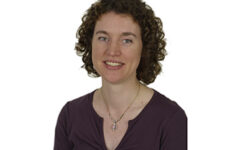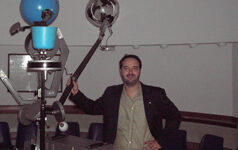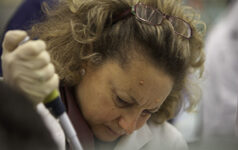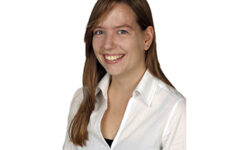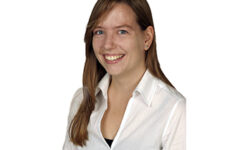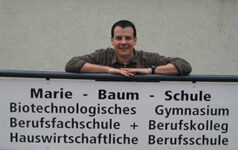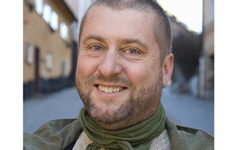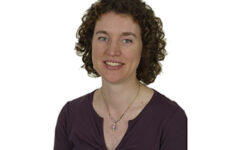Welcome to the thirteenth issue of Science in School
Health and disease are themes that run through this issue of Science in School. In our feature article, Alan Leshner describes his varied career, including his involvement in a major campaign to show that schizophrenia is a brain disease and not a result of environment. In contrast to this concern…






